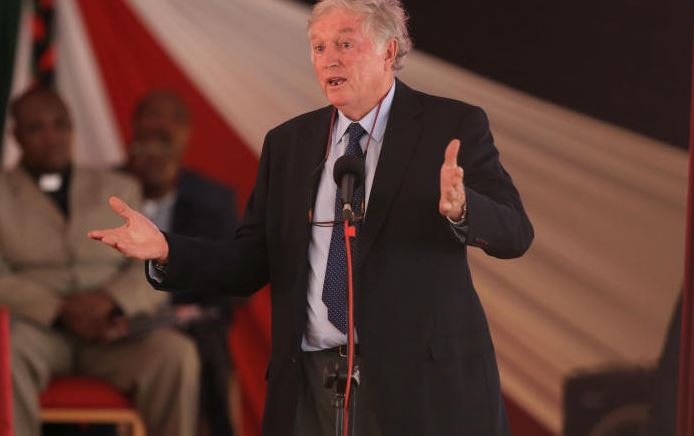×
The Standard e-Paper
Smart Minds Choose Us

A former MP yesterday narrated how former President Daniel arap Moi won the support of Muslims through two presidential decrees.
Philip Leakey (pictured), who served as Langata MP from 1979 to 1992, said the president intervened to get the title deed for a mosque in Kibra processed.